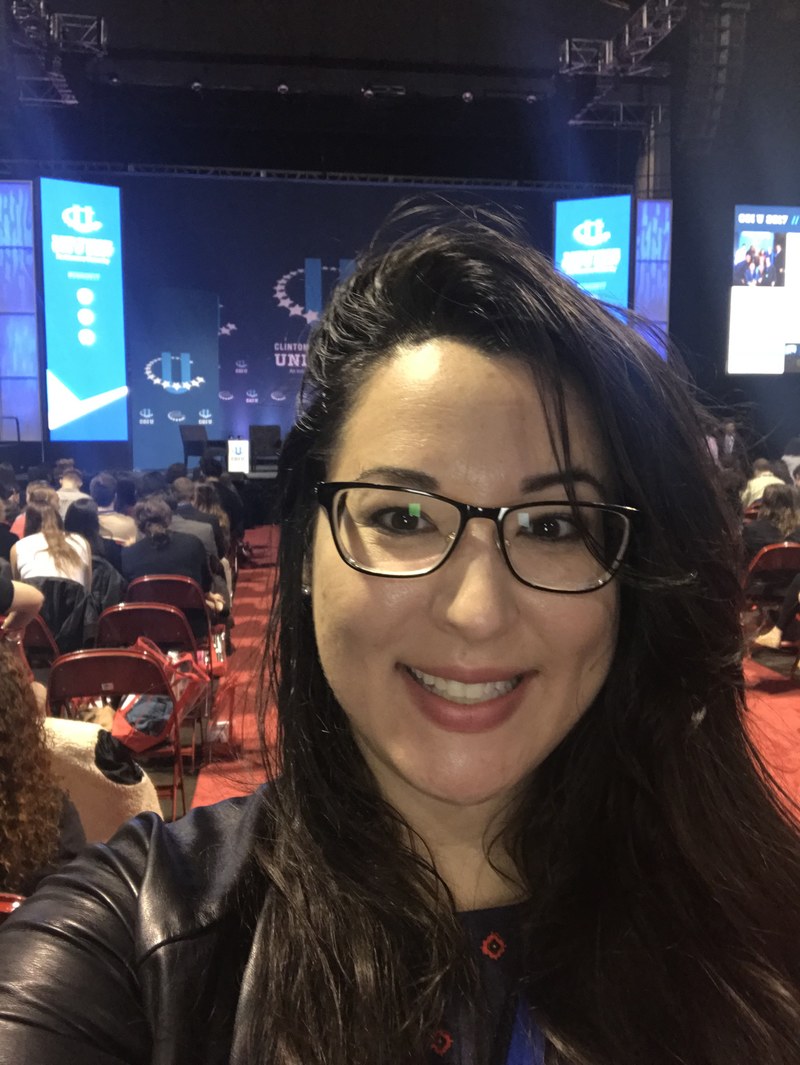| HIV rates along the U.S./Mexico border continues to rise despite public health interventions. Latinos in the United States are the only population experiencing an increase in HIV prevalence. As a postdoctoral research associate in the Division of Public Health Practice and Translational Science in the Mel and Enid Zuckerman College of Public Health (MEZCOPH), I am working towards a better understanding of the driving forces influencing these HIV disease patterns. The goal of my investigation is to translate the empirical evidence generated by my research into public policies and interventions to curb HIV disparities experienced by Latinos. Broadly, my research seeks to disentangle the psychosocial factors of HIV vulnerability among Latino populations including immigration rhetoric, economic influences, and cultural expectations. Specifically, I test the utility of latent variable models to identify social phenomenon associated with HIV infections among (im)migrant Latino populations residing in high impact border regions to be translated into public policies and health interventions. As a Clinton Global Initiatives Fellow in Infectious Disease and Public Health, I am collaborating with colleagues from University of Southern California (USC) and the University of Arizona (UA) Juntos por la salud/Together for Health Mobile Clinic to collect exploratory data on the use of novel technological platforms for the collection of mental health data. The overarching goal of this study is to measure the associative relationship of mental health outcomes and the engagement in HIV risk behaviors among (im)migrant Latino populations in the U.S. The contributions of my scholarly work on health equity in the Latino community has been both internationally and nationally recognized, including being named as a 2017 Southern Arizona 40 Under 40 Rising Leader honoree. I aim to continue to engage in scholarship that contributes to the shaping of public policies for greater health equity. |
|
0 Comments
|
SpotlightEach month we'll feature a Postdoctoral Scholar and their research, sharing their experiences from the UA, life in Arizona and their research interests. Archives
November 2022
Categories |

 RSS Feed
RSS Feed
